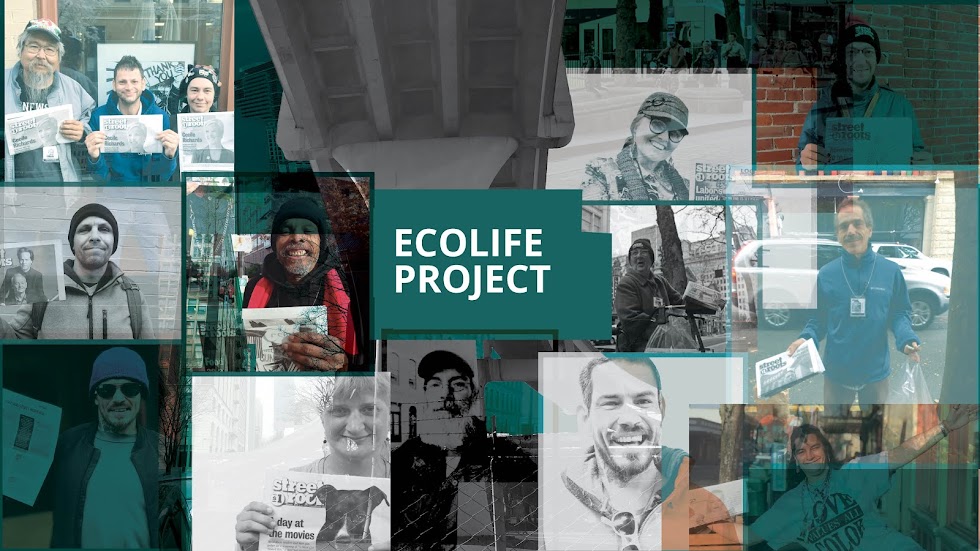Dystopian fiction has long captured our imaginations with its dark visions of a future gone awry. However, in the case of Portland's homeless situation, reality seems to be mirroring the elements of dystopian literature in unsettling ways. As the city grapples with a growing homelessness crisis, we find eerie parallels between the struggles of its inhabitants and the protagonists of dystopian novels. This blog post delves into how the homeless situation in Portland shares striking similarities with the dystopian worlds found within the pages of fiction.
 |
Dystopian fiction often paints a picture of urban landscapes marred by decay, neglect, and desperation. Similarly, the homeless situation in Portland has transformed its streets into scenes that could be plucked from the pages of a dystopian novel. Tent cities, makeshift shelters, and encampments have sprung up in plain view, transforming once-thriving public spaces into dystopian-like settlements. The stark visual of these encampments serves as a somber reminder of the fragility of our societal structures.
In dystopian fiction, protagonists often battle against harsh odds for their survival, navigating a world devoid of resources and empathy. In a chilling parallel, the homeless individuals in Portland grapple with daily struggles for survival. Lack of access to basic necessities such as food, clean water, and medical care creates a chilling echo of dystopian narratives. The battle against the elements and the fight for even the most basic human rights blur the lines between fiction and reality.

A Bleak Future for Vulnerable Populations
Dystopian fiction frequently explores the dire fate of marginalized groups, underscoring the dangers of unchecked power and societal indifference. In Portland, vulnerable populations, including individuals with mental health challenges, families, and veterans, face a similarly bleak future if meaningful action is not taken. The absence of comprehensive support systems and affordable housing options threatens to perpetuate the cycle of homelessness, painting a grim picture reminiscent of dystopian narratives.
Hope Amidst the Desolation
While the parallels between Portland's homeless crisis and dystopian fiction are unsettling, there is room for hope. Dystopian novels often center on the resilience of individuals and their capacity to enact change. In Portland, community organizations, nonprofits, and concerned citizens are actively working to address the crisis. By focusing on solutions that encompass affordable housing, mental health support, and job training, the city has the opportunity to rewrite the narrative and steer away from the dystopian path.
The convergence of Portland's homeless situation with the elements of dystopian fiction serves as a poignant reminder of the urgency to address this crisis. By acknowledging these parallels, we can ignite conversations and inspire action to create a more equitable and empathetic society. Just as dystopian protagonists rise against adversity, Portland has the chance to rally together and rewrite its narrative, transforming the echoes of dystopia into a tale of resilience, compassion, and positive change.




.jpg)